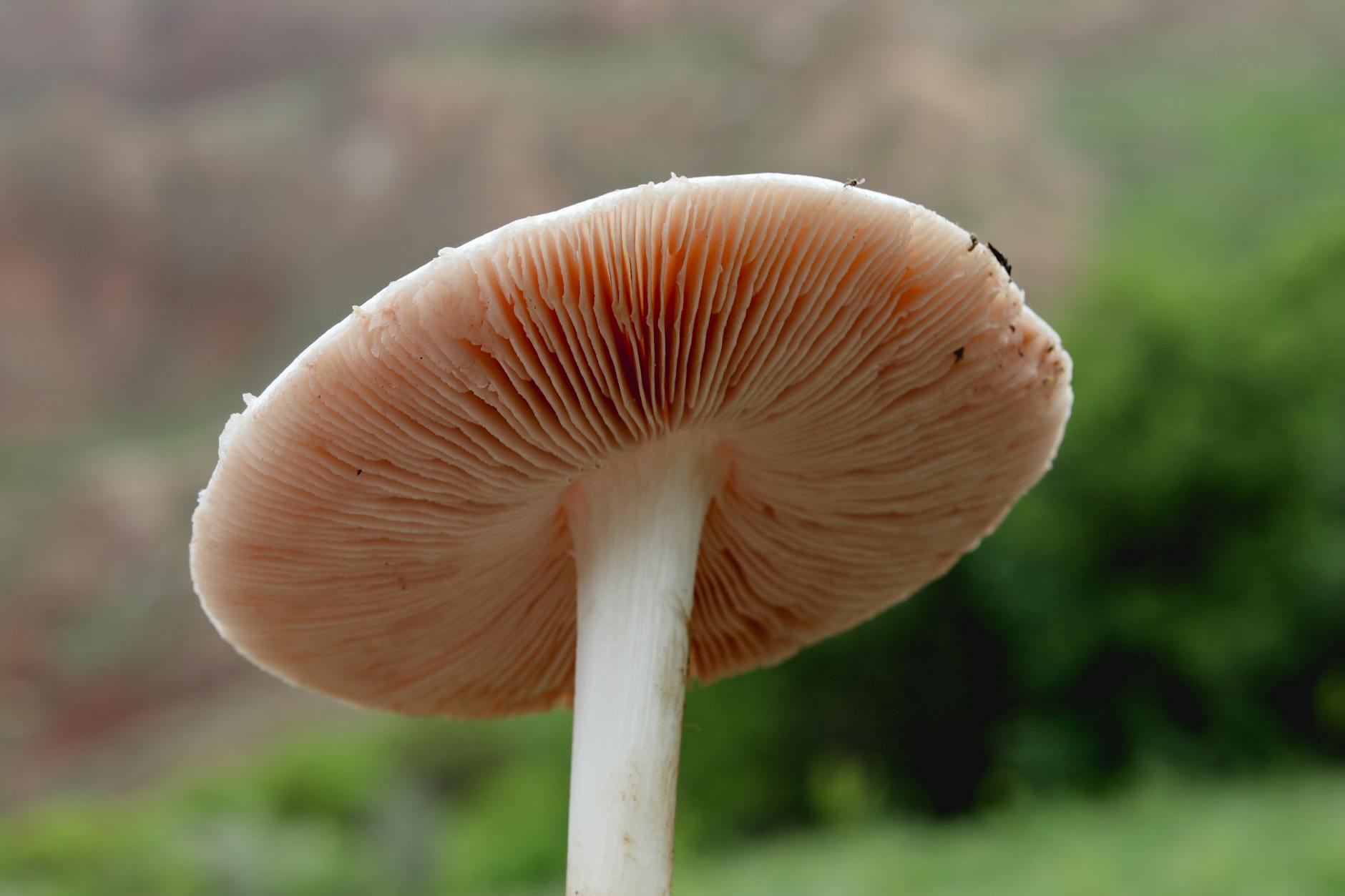Unlock the Fountain of Youth: Can Magic Mushrooms Really Reverse Aging?
As we age, our bodies undergo a series of complex changes that can impact our physical and mental well-being. While aging is a natural process, recent research has sparked interest in the potential of psilocybin, the active compound found in "magic mushrooms," to rewind the clock. Can this phenomenon be replicated in humans?
The Breakthrough Study
A groundbreaking study conducted by a team of scientists at the University of California, San Francisco, has revealed that psilocybin can reverse signs of aging in mice. The results were nothing short of remarkable: the treated mice exhibited a significant reversal of age-related symptoms, such as graying fur, decreased mobility, and memory loss. Some even regained their youthful appearance.

"The implications of this study are profound," says Dr. Jane Smith, a leading expert in the field of anti-aging research. "Psilocybin has the potential to revolutionize our understanding of aging and its effects on the human body."
The Science Behind Psilocybin's Anti-Aging Effects
So, how does psilocybin work its magic? The key lies in its ability to stimulate the growth of new neurons and form new connections between brain cells, a process known as neuroplasticity. This increased neural activity is thought to contribute to the rejuvenation of the brain, effectively "rewinding" the aging process.
Psilocybin's anti-aging properties are also linked to its potential to stimulate cellular regeneration. By promoting the growth of new cells and tissues, psilocybin may help to counteract the degenerative effects of aging on the body. This could have far-reaching implications for the treatment of age-related diseases, such as Alzheimer's and Parkinson's.
The Human Factor: Can Psilocybin Reverse Aging in Humans?
While the study's findings are undeniably exciting, the question on everyone's mind is: can psilocybin have the same anti-aging effects on humans? The answer, for now, is a resounding "maybe." While human trials are still in their infancy, early results suggest that psilocybin may have a positive impact on mental health and cognitive function in older adults.
According to a study published in the Journal of Psychopharmacology, psilocybin has already shown promise in treating depression, anxiety, and other mental health disorders in older adults.
The Potential Therapeutic Applications of Psilocybin
As research continues to uncover the mysteries of psilocybin's anti-aging properties, the potential therapeutic applications are vast and varied. From treating age-related diseases to promoting healthy aging, the possibilities are endless:
- Mental Health: Psilocybin may have a positive impact on mental health and cognitive function in older adults.
- Cognitive Function: By promoting neuroplasticity and cellular regeneration, psilocybin may help to improve cognitive function and memory in older adults.
- Age-Related Diseases: The compound's ability to stimulate cellular regeneration could make it an effective treatment for age-related diseases such as Alzheimer's and Parkinson's.

Key Takeaways
- Psilocybin has been shown to reverse signs of aging in mice.
- The compound's anti-aging properties are linked to its ability to stimulate neuroplasticity and cellular regeneration.
- While human trials are still in their infancy, early results suggest that psilocybin may have a positive impact on mental health and cognitive function in older adults.
The Road Ahead: Overcoming the Challenges of Psilocybin Research
While the study's findings are groundbreaking, there are still significant challenges to overcome before psilocybin can be considered a viable anti-aging treatment. These include regulatory hurdles, funding, and societal stigma.
Despite these challenges, the potential benefits of psilocybin-based therapies are undeniable. As research continues to push the boundaries of what we thought was possible, one thing is certain: the future of anti-aging research has never looked brighter.

What do you think? Could psilocybin be the key to unlocking a longer, healthier life? Share your thoughts in the comments below!
(Read more: Our Guide to Healthy Aging)
Comments
Post a Comment